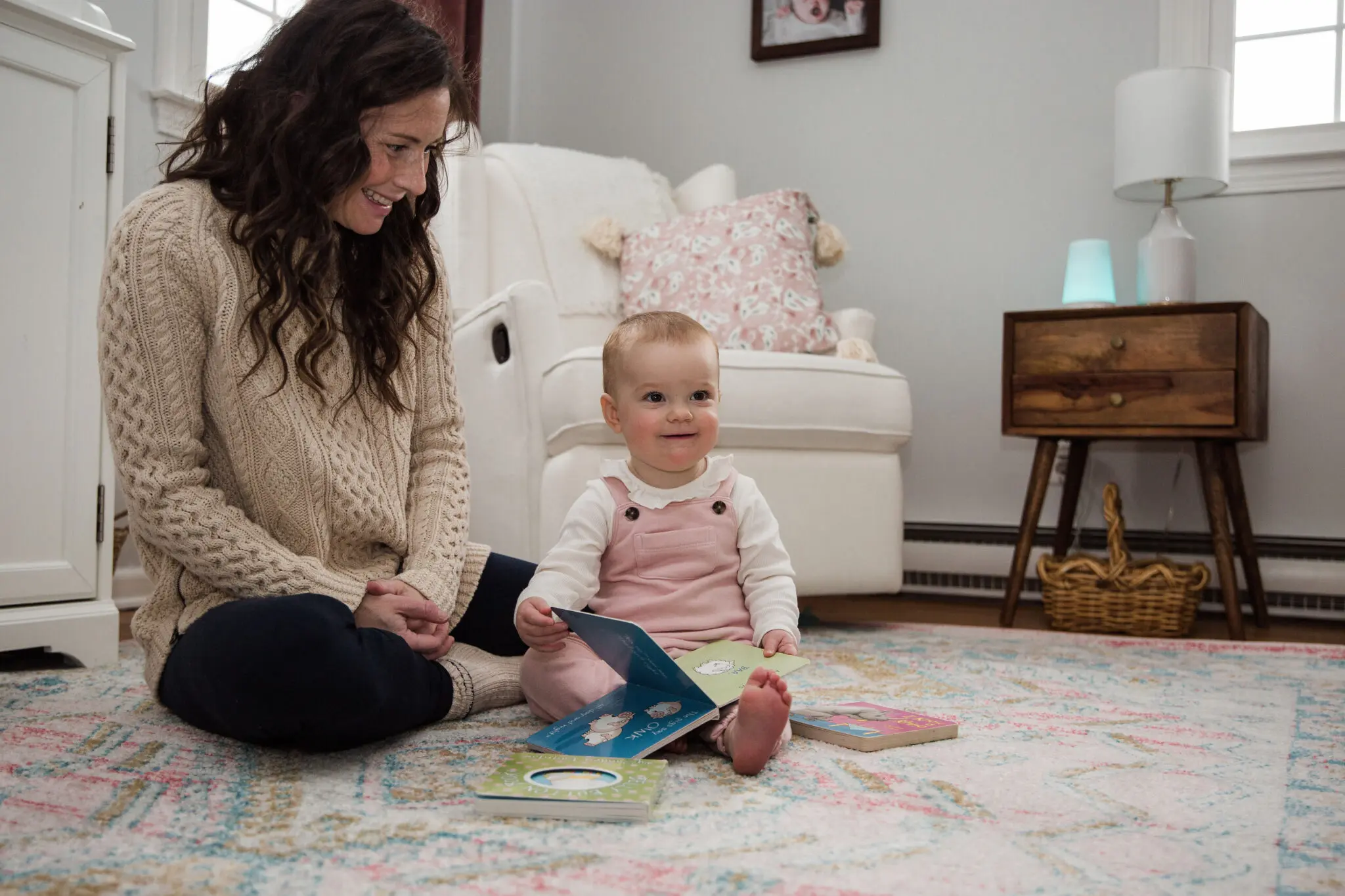Let’s explore the negative effects of nostalgia, from its impact on mental health to its connection with depression and anxiety.
It’s a song, a smell, a photograph or the sight of an old toy. There are entire social media accounts dedicated to nostalgic culture, many of which I follow for a weekly trip down memory lane. I have a love/hate relationship with the journey though. More often than not, for just one minute I’m reveling in the feelings of my youth and the next, I’m deeply missing a somewhat simpler time. How can nostalgia make you feel bad?
What is Nostalgia and How Does it Affect Us?
We moved to Connecticut in 2017 for a number of reasons, one of which was very much homesickness on my part. Imagine my surprise when my feelings didn’t immediately dissipate as we settled into the one place that always brought me comfort: my childhood home. We were to live with my parents until we bought a home of our own. They had just finished renovating their once small farmhouse and could easily accommodate our family of four. The additions were everything I dreamed of back when I was a teenager sharing one bathroom with my sister and parents. But at the same time the changes had made my once safe space unfamiliar in both sight and smell.

Nostalgia is the emotion is often triggered by encountering something familiar from the past, a sentimental longing or wistful affection for the past, typically for a period or place with happy personal associations. or the sensation of feeling homesick.
Did you know Nostalgia used to be considered a neurological illness?”The word was first coined in 1688 by Swiss physician Johannes Hofer, who defined it as a neurological illness of continually thinking about one’s homeland and longing for return.” For many centuries, doctors persisted in understanding nostalgia as a state of ill health that required treatment.
Some of the symptoms that accompanied this “affliction” included “persistent thinking of home, bouts of weeping, anxiety, irregular heartbeat, anorexia, insomnia, and even smothering sensations.” Nostalgia became associated with illness – even soldiers away at battle in the First World War were marked with an illness or mental disorder when all they were doing was longing for the comforts of home (source).
The Connection Between Nostalgia and Mental Health
For discussion purposes, I’d like to take a look at the negative effects of nostalgia. The topic came to me not by my own accord, but as a result of something one of my favorite musicians said during a show replaying their debut album. “I want to remind you, nostalgia is a sickness. This is not nostalgic.” I’m taking his quote out of context to address the negative effects of nostalgia.
Nostalgia can lead to depression, loneliness, and distorted memories – especially if you fall into a Nostalgia Trap. A “Nostalgia Trap” refers to the tendency to excessively romanticize the past, often overlooking its negative aspects, and becoming stuck in a longing for a time that may not have been as perfect as we remember, potentially leading to dissatisfaction with the present and hindering progress towards the future. Essentially, one may get caught up in a false, idealized version of the past that can be detrimental to one’s current wellbeing. Learning to let go is an essential part of maintaining good mental health.

How to Avoid the Negative Effects of Nostalgia
- Mindfulness: Stay in the present moment. Enjoy what is happening now and around you.
- Replace old memories by creating new experiences at nostalgic places.
- Limit exposure to certain activities or media that triggers nostalgia.
- Build relationships with people around you – loneliness can trigger depression.
- Talk to a therapist. Never hesitate to speak to a medical professional when you are feeling sad, depressed, anxious.
Can Nostalgia Have Positive Effects on Mental Health?
Think for a moment about your favorite holiday… is it Christmas? For me, it’s always Christmas. Tis the season of giving, family time, twinkly lights and happy music. Nostalgia can have positive effects on mental health too. When we revisit happy memories, our brains release feel-good chemicals like dopamine, giving us a natural high. This boost in mood can help reduce stress and anxiety, making us feel more content and satisfied with our lives.
The Role of Nostalgia in Healing and Coping
There are lot of scenarios where dipping into nostalgia can serve a purpose and even prove to be anchoring. If you are able to think back on a good moment – especially one in which you overcame a challenge – hone in on the gratitude, happiness, confidence, etc. Use the feelings to experience grounding optimism even if in the present moment, it’s hard to feel hopeful. Never forget: The only way out is always through.






Leave a Reply